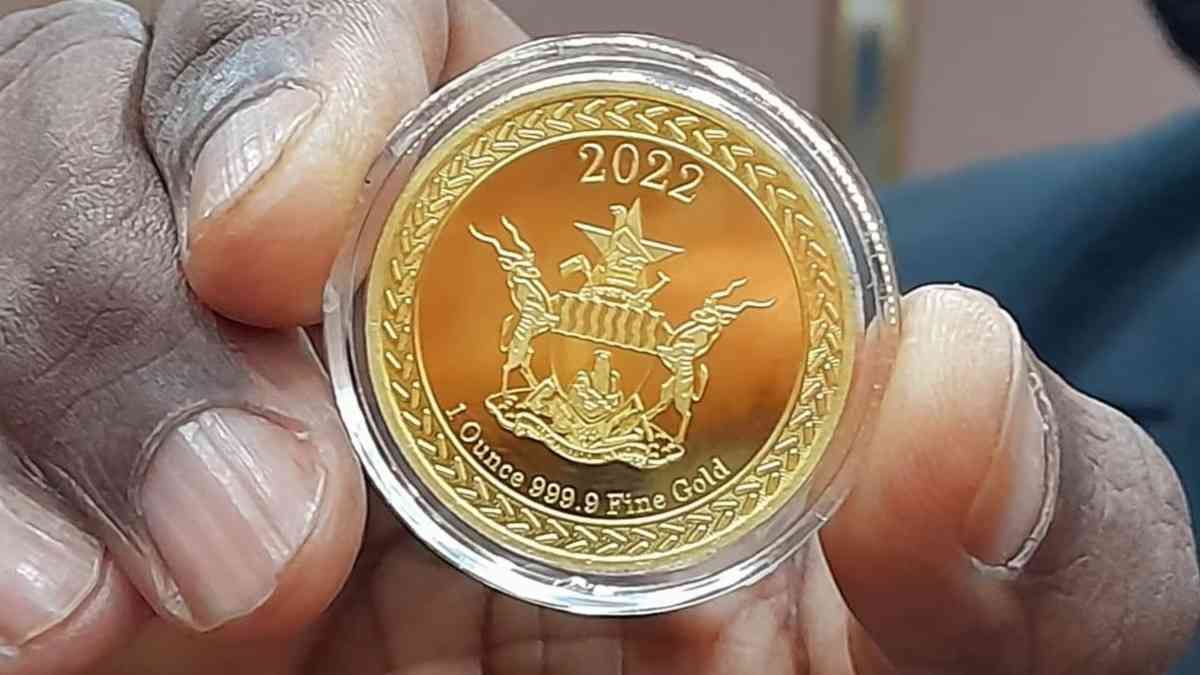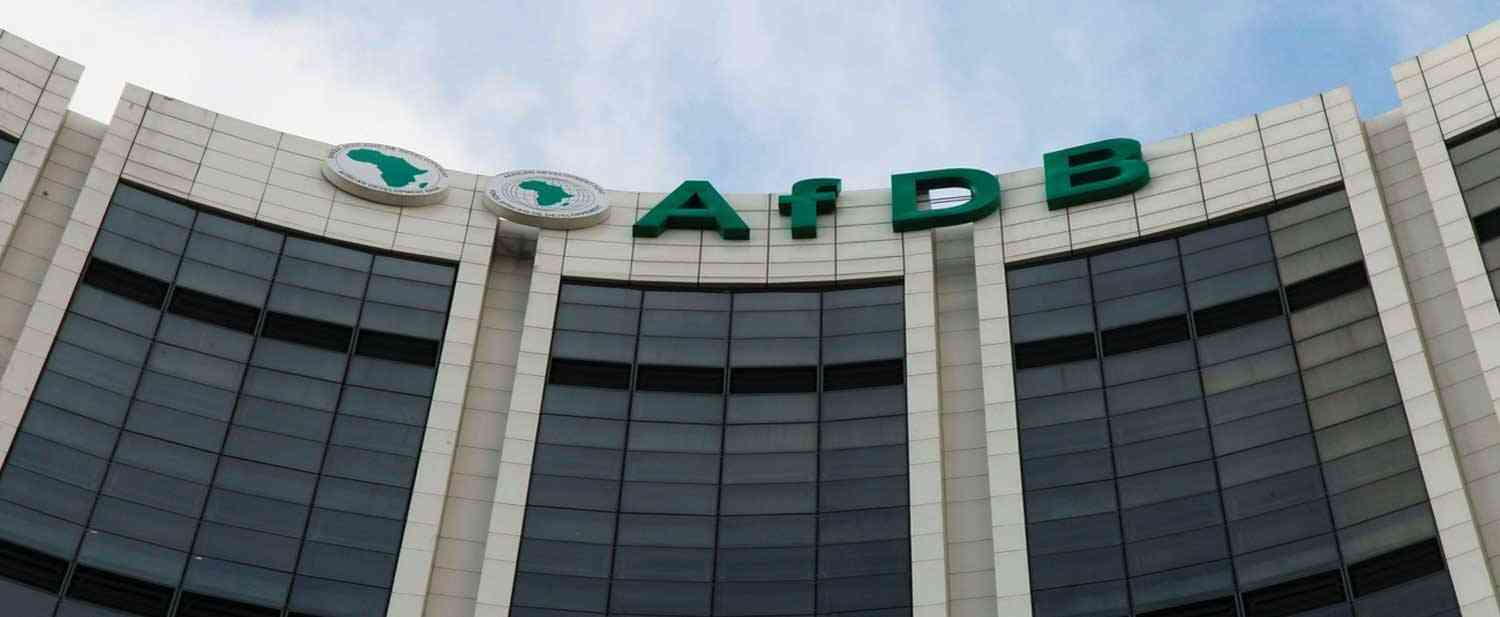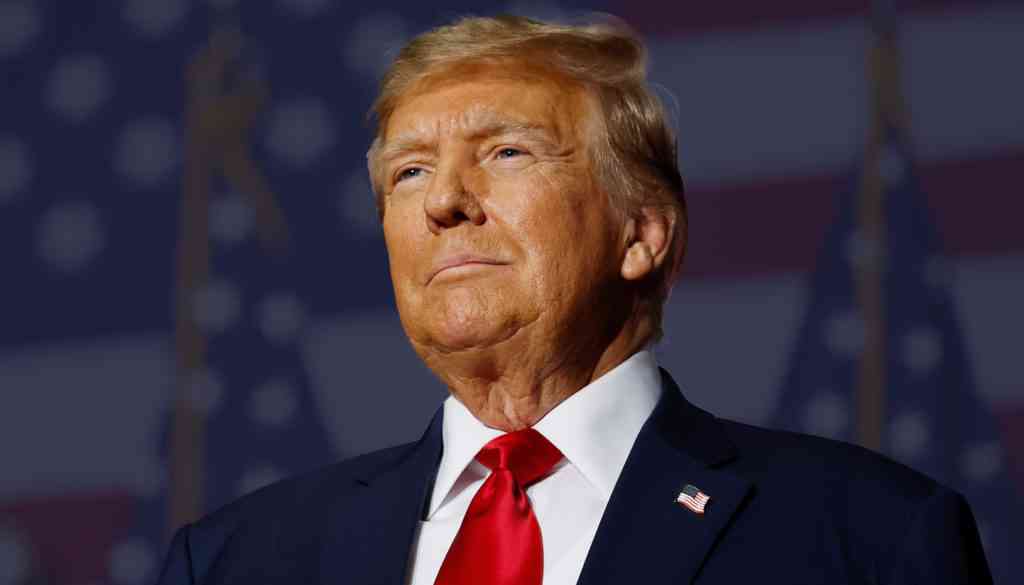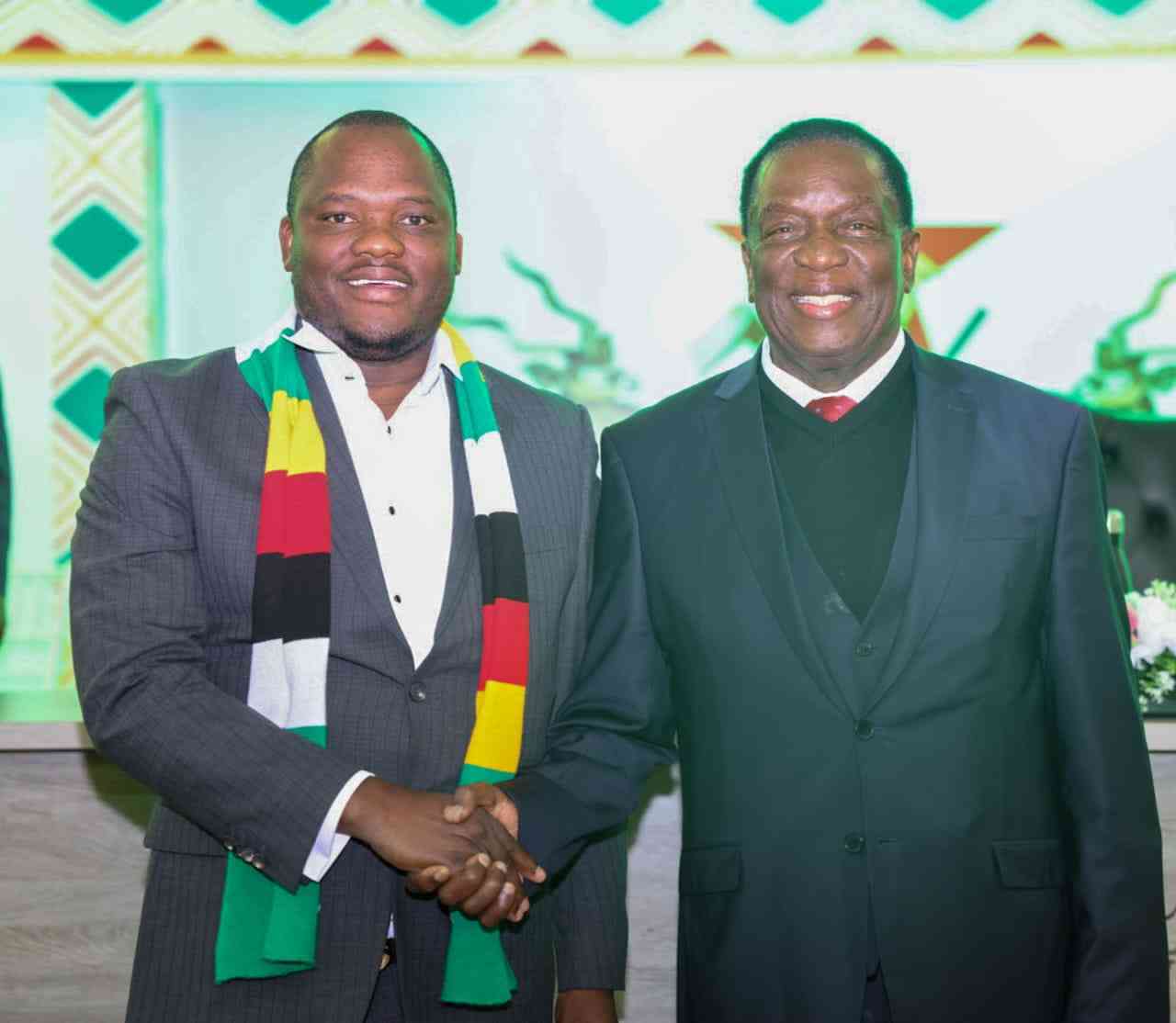
Central bank Monetary Policy Committee (MPC) member Persistence Gwanyanya has revealed that gold royalties will be used to back the recently announced digital gold tokens, as monetary authorities seek to quell dollarisation.
Last year, government announced that mining royalties would partly be paid in the mineral itself as well as in foreign and local currency at a ratio of 50%, 10% and 40%, respectively.
This was to back the local currency that fell by over 500% since the beginning of last year to $1 047,44 against the United States dollar, at the time of writing. On the parallel forex market, the Zimbabwe dollar is trading at $2 000 against the greenback.
Resultantly, this has led to an inflationary environment where prices continue to rise whether goods or services are priced in either local or foreign currency.
Thus, when the Reserve Bank of Zimbabwe (RBZ) announced on March 28, that it would introduce gold tokens it was welcomed with a bit of caution as questions arose as to how this new currency would be funded.
“On the other hand, RBZ is working flat out to roll out the digital gold tokens, which were approved by MPC on April 28 this year. It seems we may benefit from another announcement effect as happened after the introduction of gold coins. The market is anxiously waiting for the digital gold coins, which they hope to salvage from Zim dollar depreciation and inflation (value preservation attribute),” Gwanyanya said, in a statement.
“Importantly, the product is seen as supporting the Zim dollar as it drives up its demand. Who doesn’t want to buy a gold- backed product in Zim dollar at interbank rate? Being a digital product, the digital gold- backed tokens are highly divisible, which makes them more convenient. It’s possible to buy even a small fraction of the digital gold-backed token.
“This product is being introduced at a time when our gold reserves are increasing as we have started receiving royalties of special minerals in minerals themselves as per new requirements. This will make it easy for RBZ to back the digital coins with gold.”
- Lupane man survives axe attack
- Women’s hockey team in impressive start
- Scrap IMTT to save industry, govt urged
- AfDB cuts Zim’s growth projections to 3.5%
Keep Reading
The introduction of the digital tokens has, however, raised fears that they would become further inflationary as the RBZ may not have enough gold to support them.
A portion of mining royalties received in the mineral traded are meant to back the Zimbabwe dollar itself.
Further, the introduction of these tokens is on top of plans to release of a central bank digital currency (CBDC). A CBDC is a digital token that is issued by a central bank, as part of a global movement, to resemble cryptocurrencies that are typically linked to the value of the fiat money used in that nation. The CBDC will itself, also need some form of backing.
Thus, money supply growth may be unavoidable to back the digital tokens and CBDC, adding more inflationary pressure.
Broad money supply grew by 391,88% on an annual basis to $2,33 trillion (US$3,4 billion) as of the end of last year from the 2021 comparative. By the end of January, the money supply was up nearly 13% to $2,69 trillion (US$3,38 billion).
Gwanyanya said that once the tokens were released into the market the MPC expected pressure on the US dollar, especially relating to the need to preserve/store value, to significantly ease.
“In the circumstances, the US dollar will largely be required for importation of goods and services. That way we can easily reverse the re-dollarisation trend and restore stability,” he said.
“Clearly, instability today can be traced to increased dollarisation. That’s why we believe a viable alternative to the US$ is necessary to reduce pressure on the US$. We see the gold instruments as fit for the purpose.”
Zimbabwe Information and Communication Technologies chairman Jacob Mutisi, in an email, said gold tokens were a confirmation that the Zimbabwe dollar was on its deathbed.
“The only currency that is stable is the mineral value in Zimbabwe. The Zimbabwean dollar is on its deathbed and that is why the governor of the Reserve Bank of Zimbabwe is introducing a digital currency that is hedged with the value of gold. We know the true value of gold and what is the true benefit of this gold to the nation,” he said.
“…gold is the true value that this nation can benefit from. Zimbabwe will be the fastest growing economy on earth in the next five years, yes five years' time if this government changes the Mineral Act and removes the criminalisation of the majority who have the capacity to trade and/or buy the nation’s natural resources that are kept within the chosen few.”
He added: “Why can’t our government utilise the use of gold, diamonds, and other resources as a means of barter trade and repeal the old colonial law that stopped citizens from trading in gold, diamonds and other precious minerals?”










